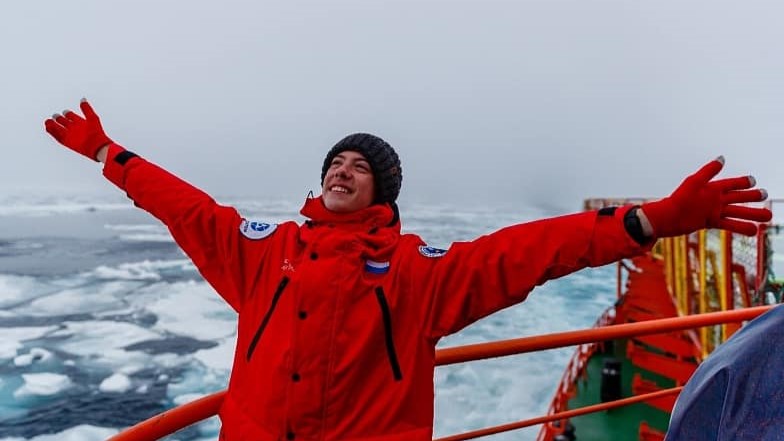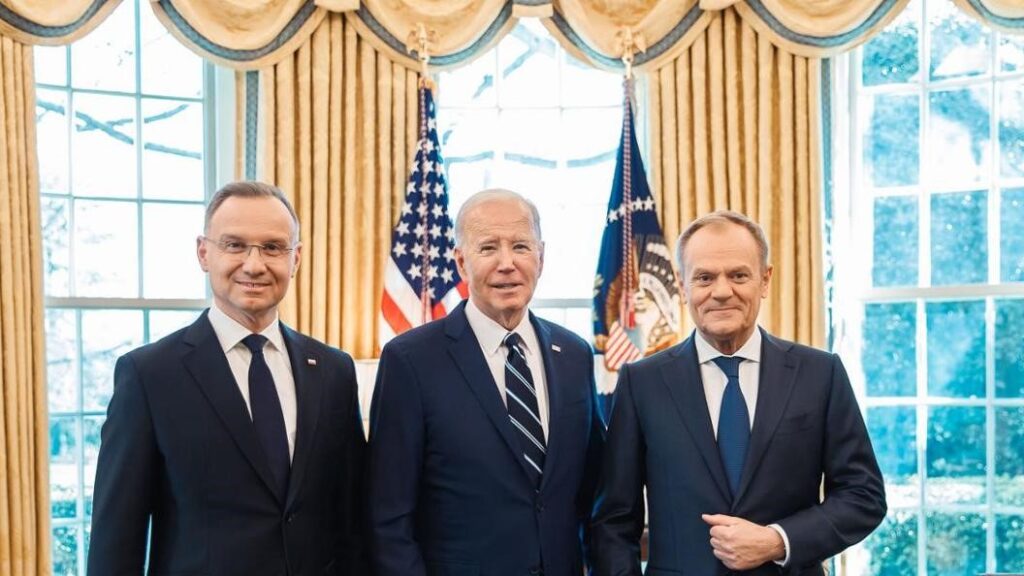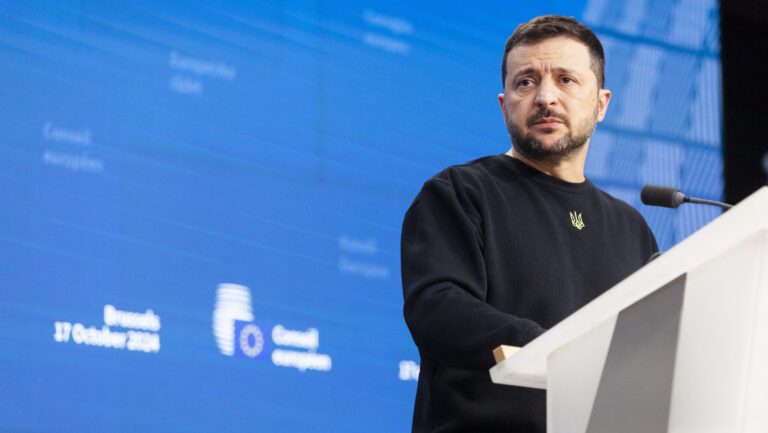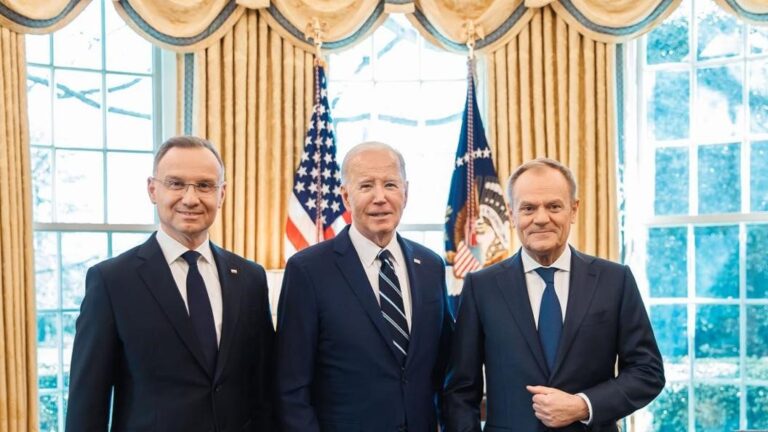Levente Varga, a fifteen-year-old student at the Kőrösi Csoma Sándor Baptist Hungarian–Russian Bilingual Secondary School in Budapest, raised the Hungarian national flag at the North Pole on Saturday, 17 August. As we reported, the Hungarian student participated in a scientific expedition called the ‘Icebreaker of Knowledge,’ sponsored by Russian state-owned nuclear energy corporation Rosatom. As part of this expedition, Levente, along with students from 14 other countries and Russia, set off for the Arctic aboard a Russian nuclear icebreaker.
The project aimed to promote science and nuclear energy technologies, identify and support talented young individuals, develop their skills, and provide career guidance. The participants of the expedition engaged in a variety of activities, including scientific lectures, experiments, and master classes. They also had the opportunity to learn about the unique flora and fauna of the Arctic, as well as the infrastructural developments along the Northern Sea Route.
Index managed to contact the Hungarian student by phone, who expressed his pride in seeing the Hungarian national flag flying at the North Pole. ‘It was the experience of a lifetime to reach the northernmost point on Earth, and I made a lot of new friends on the trip,’ he added.
By the age of 15, Levente Varga had learned Russian and several other languages, and he is also a martial arts champion in his age group. After considering several secondary school candidates Rosatom chose him because he met all the requirements: he is an excellent student and athlete with a wide range of interests, and proficiency in multiple languages.
It is the fifth time that the ‘Icebreaker of Knowledge’ expedition has been organized. This year, the mission reached the North Pole on the
exact day that the Soviet nuclear icebreaker Arktika became the world’s first ship to do so 47 years ago.
The nuclear icebreaker 50 Let Pobedy (50th Anniversary of Victory) sailed from Murmansk to the Arctic and then to Franz Josef Land, with a scheduled return to Murmansk on 22 August.
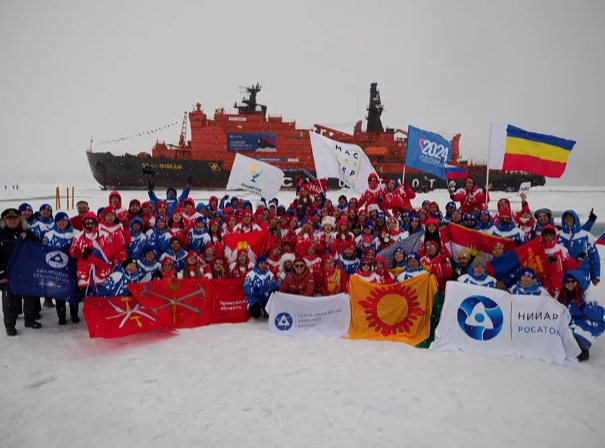
Interestingly, Franz Josef Land was discovered by an Austro-Hungarian expedition between 1872 and 1874. The 24 scientists and sailors aboard the steamer Tegethoff were trapped in the ice for two years, during which they made many valuable discoveries, although they never reached the North Pole.
Russia is the only country in the world with a fleet of nuclear icebreakers. Since 2018 the infrastructure of the Northern Sea Route has been operated and developed by Rosatom, which has made it one of its priority areas of activity. In 2019, the Russian government approved a plan, developed by Rosatom, for the infrastructure development of the Northern Sea Route by 2035.
Related articles:

